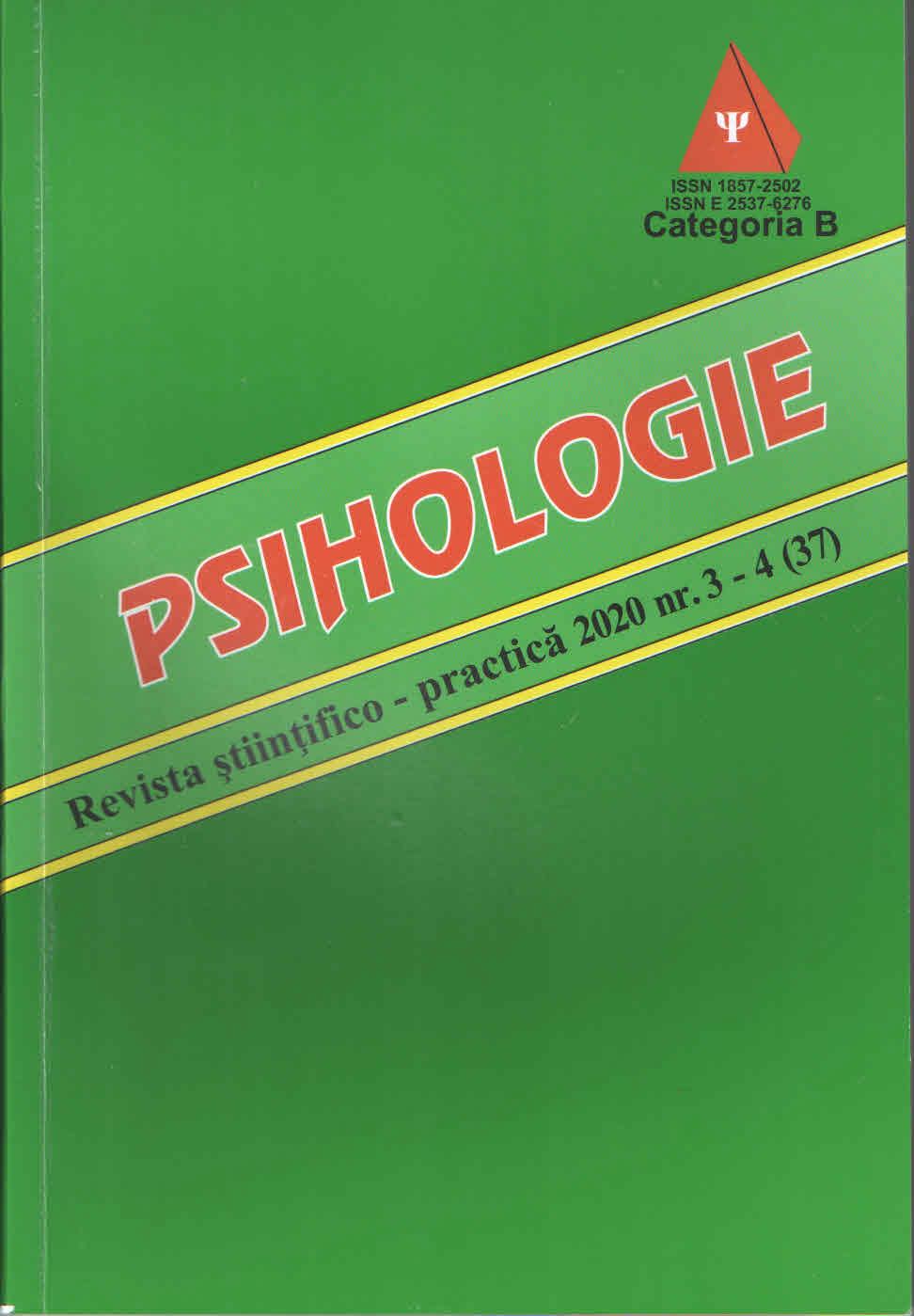AUTOREGLAREA EMOȚIONALĂ LA PREȘCOLARI ÎN CONTEXTUL PARENTALITĂȚII
PARENTALITĂȚII EMOTIONAL SELF-REGULATION IN PRESCHOOLS IN THE CONTEXT OF PARENTALITY
Author(s): Angela VerdeșSubject(s): Social Sciences, Psychology, Developmental Psychology
Published by: Asociaţia Psihologilor practicieni din Moldova
Keywords: emotional self-regulation; preschoolers; neurobiological maturity; temperament; socialization;
Summary/Abstract: Emotional self-regulation is a process of evaluating, managing and modifyingemotions in order to manifest a desirable social behavior. Emotional self-regulation developsrapidly in the fi rst years of life and improves more slowly until maturity, playinga fundamental role throughout life, including emotional health, academic success andsocial achievement. The development of emotional self-regulation in the preschool periodensures subsequent success, because eff ective self-regulation off ers chances forbetter school performance, better relationships with others and fewer behavioral difficulties. Individual diff erences in emotional regulation in children are related to neurobiological maturity: the connections established between diff erent areas of the braindevelop with age and represent the substrate that allows the acquisition of increasinglysophisticated emotional regulation skills; temperament, which has an impact on the selectionof emotional regulation strategies and socialization related to the developmentof diff erent styles of self-regulation of emotions that will allow children to manage theiremotions adaptively in diff erent social situations. The process of developing emotionalself-regulation in children has in the foreground the parental model of managing emotions,as well as the model of other adults involved in the process of raising and educatingthe child.
Journal: Psihologie, Revistă ştiinţifico-practică
- Issue Year: 37/2020
- Issue No: 3-4
- Language: Romanian

